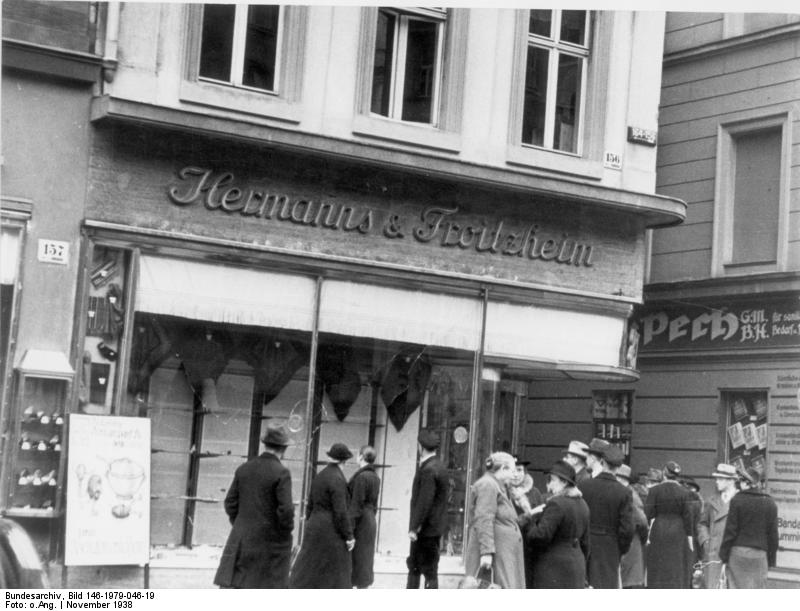Mark Steyn discusses the unexpected result of a few generations of Europeans feeling guilt for allowing the Holocaust to happen: renewed feelings of anti-semitism all around.
As Laura Rosen Cohen likes to say, everyone meets at Jew-Hate Junction: excitable young Mohammedans, secular polytechnic Euro-lefties, anti-globalist conspiracy theorists… It’s getting pretty crowded over there. As I wrote almost exactly a decade ago about the Ismalization of Europe:
There are already many points of cultural friction — from British banks’ abolition of children’s ‘piggy banks’ to the enjoining of public doughnut consumption by Brussels police during Ramadan. And yet on one issue there is remarkable comity between the aging ethnic Europeans and their young surging Muslim populations…
…Jews.
Young Muslims do not like Jews: that is a simple fact, and it’s a waste of everybody’s time denying it. Where Muslims predominate, Jews vanish – as in Molenbeek, across the canal from downtown Brussels. I remember from my childhood the main drag, the Chaussée de Gand (or Steenweg op Gent, if you’re Flemish, as my mum was), as a bustling strip with many Jewish businesses. But in the first decade of the 21st century they all disappeared, and their former owners chose to remain silent â because it was easier that way.
One hairdresser, for example, had “DIRTY KIKE” sprayed on his window and was punched in the face by a gang of half-a-dozen “youths”. So he went to the police and filed a complaint. One hour later, the “youths” returned and smashed all his hairdressing mirrors. His clients didn’t want to come after that, and so a 35-year business closed its doors.
Now they’re all gone.
Ethnic Continentals, on the other hand, do not like Muslims, and they see where this is headed, and it’s easy to blame Jews. The logic is not difficult: ‘Tween-wars Europeans would never have entertained for a moment the construction of mosques in every corner of their countries. But then the Holocaust happened, and “nationalism” got blamed, and mass immigration was instituted as a form of penance, and in one of history’s blacker jests the principal beneficiary of Holocaust guilt was Islam. So, in the newest variant of the oldest hatred, Jews get hated for the Islamization of Europe.
And then there’s simply the crude arithmetic of day-by-day remorseless demographic transformation in democratic societies: Muslims are where the votes are, and Jews aren’t. Which is why Jeremy Corbyn’s Labour Party is happy to while away the hours on such vital debates as the question of whether Hitler was a Zionist.





